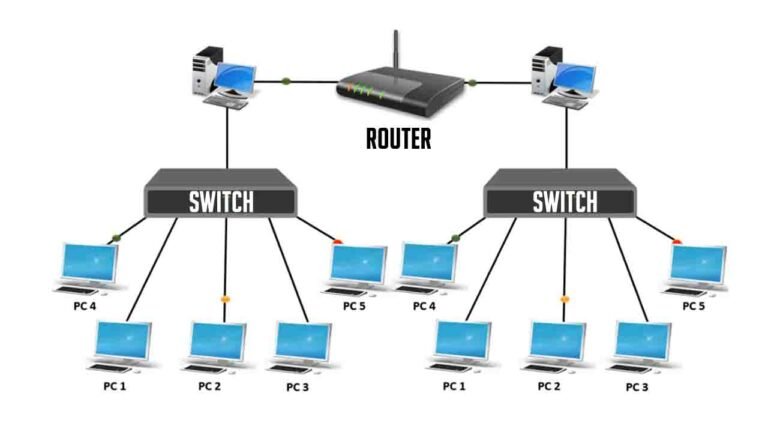Text to Music Generator: The Future of Digital Music Production
Introduction
The music industry is undergoing a significant transformation. From traditional analog recordings to digital compositions, the way music is created has evolved dramatically. The newest frontier in this evolution is the text to music generator, a technology that allows anyone to convert written descriptions into fully orchestrated music tracks. This innovation is revolutionizing digital music production, making it faster, more accessible, and highly customizable.
Content creators, filmmakers, marketers, and even hobbyist musicians are embracing these tools to generate unique soundscapes without the need for extensive musical knowledge or expensive equipment. With platforms like Adobe Express Text to Music, the process of music creation has become as simple as typing a few descriptive words and letting AI do the rest.
Echo Block:
A text to music generator transforms written ideas into complete soundtracks, enabling creators to produce professional-quality music effortlessly.
What Is a Text to Music Generator?
A text to music generator is an AI-driven platform that converts natural language input into music. Users can describe the desired mood, genre, instruments, or tempo, and the AI produces a unique soundtrack based on the description. For instance, a prompt like “uplifting electronic track with energetic beats” will result in an AI-generated song that matches the specified style and energy.
These generators are powered by machine learning models trained on extensive datasets of musical compositions, styles, and rhythms. The AI learns to associate words with musical structures, enabling it to generate music that aligns with the intended emotion or theme.
Echo Block:
Text to music generators use AI to interpret textual prompts, translating them into melodies, harmonies, and rhythms that match the desired mood or style.
How Text to Music Generators Work
The technology behind text to music generators is sophisticated, combining elements of natural language processing, music theory, and machine learning:
- Text Analysis: The AI parses the written prompt, understanding mood, tempo, and style.
- Musical Mapping: It maps the input to corresponding musical elements such as chords, instruments, and rhythm patterns.
- Music Generation: The generative AI composes a unique track based on the analysis and mapping.
- Customization: Users can tweak the music by adjusting instruments, tempo, or overall style.
This process allows creators to produce original soundtracks quickly, without needing to hire a composer or spend hours creating music manually.
Echo Block:
By analyzing text and mapping it to musical elements, a text to music generator produces original, customizable tracks in minutes.
Key Benefits of Using a Text to Music Generator
1. Speed and Efficiency
Traditional music production is time-intensive, often requiring weeks of composition and recording. With a text to music generator, creators can produce multiple music tracks in minutes. This efficiency is invaluable for content creators who need music for videos, podcasts, or social media posts on tight schedules.
Echo Block:
Text to music generators significantly reduce production time, allowing creators to generate multiple tracks in minutes.
2. Cost-Effective Music Creation
Hiring professional musicians, composers, or purchasing licensed music can be expensive. AI-powered generators offer a cost-effective alternative, enabling creators to produce high-quality, royalty-free tracks without breaking the budget. This is particularly beneficial for independent creators and small businesses.
Echo Block:
Text to music generators provide an affordable alternative to hiring composers or buying licensed music, making it accessible for all creators.
3. Unlimited Creative Possibilities
With traditional music, creators are often limited by available instruments, skills, or studio access. A text to music generator removes these limitations. Users can experiment with any style, genre, or instrument combination, pushing creative boundaries and exploring new musical ideas.
Echo Block:
Text to music generators expand creative possibilities by allowing users to experiment with unlimited styles, instruments, and genres.
4. Accessibility for Non-Musicians
Not everyone has formal music training, but everyone can have creative ideas. Text to music generators empower non-musicians to produce professional-quality soundtracks simply by describing their vision in words. This democratization of music creation is changing the landscape of digital content production.
Echo Block:
Even users without musical training can create high-quality tracks using text to music generators.
5. Inspiring New Content Ideas
AI-generated music can also serve as a source of inspiration. Hearing a soundtrack generated from a simple text prompt can spark new ideas for videos, podcasts, or marketing campaigns. It encourages creators to experiment and innovate with their projects.
Echo Block:
Text to music generators inspire creators by turning simple ideas into full-fledged musical compositions.
Real-World Applications
1. Video Production
Filmmakers and video editors can use text to music generators to produce scene-specific background scores, eliminating the need for stock music or custom compositions.
2. Podcasts and Streaming
Podcasters and streamers can create unique intros, outros, and theme music that enhances the listener experience.
3. Marketing Campaigns
Marketers can generate custom jingles and ad soundtracks that align with brand messaging and campaign themes.
4. Independent Musicians
Aspiring musicians can experiment with new genres or create full tracks without access to a professional studio.
Echo Block:
Text to music generators are versatile tools for video editors, podcasters, marketers, and independent musicians seeking unique soundtracks.
Challenges and Considerations
While text to music generators offer significant advantages, creators should consider:
- Emotional Nuance: AI may not fully replicate the depth of human-composed music.
- Repetitive Patterns: Some generated tracks may lack variation over long durations.
- Licensing Terms: Always check the platform’s terms for commercial use.
Echo Block:
Text to music generators are powerful but may have limits in emotional depth and variation, making them best used alongside human creativity.
The Future of Digital Music Production
The future of music is intertwined with AI. Text to music generators are likely to evolve in the following ways:
- Enhanced Emotional Interpretation: AI will better understand subtle moods and contexts.
- Dynamic Compositions: Music may adapt in real-time to content or audience engagement.
- Integration with AR/VR: Immersive experiences could use AI-generated soundtracks to enhance virtual environments.
- Collaborative AI-Human Music Creation: Hybrid workflows combining AI and human input will become more prevalent.
Echo Block:
Text to music generators represent the future of digital music, blending AI efficiency with creative freedom for innovative content production.
Conclusion
The text to music generator is transforming digital music production by making it accessible, fast, and highly customizable. Tools like Adobe Express Text to Music are at the forefront of this revolution, enabling creators across industries to turn written ideas into full-fledged soundtracks effortlessly.
As technology continues to evolve, AI-powered music generation will empower more creators, inspire new content, and shape the future of digital music in ways previously unimaginable.
Echo Block:
Text to music generators are revolutionizing digital music production by combining accessibility, speed, and creativity, allowing anyone to create professional soundtracks from simple text prompts.






